The Impact of Air Quality on Allergies
Special Considerations for Pediatric Allergies Air quality plays a significant role in the occurrence and exacerbation of allergies, particularly for pediatric allergies. Children have developing immune systems and are more susceptible to environmental allergens. Here are some special considerations regarding air quality and pediatric allergies:
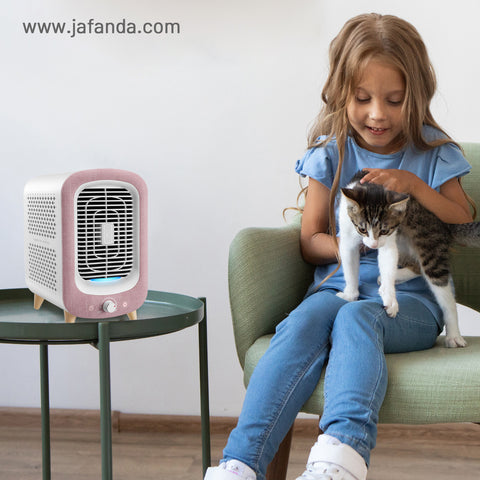
- Children typically spend more time indoors, making them more vulnerable to indoor air pollutants.
-
Indoor allergens such as dust mites, pollen, and pet dander can trigger allergic reactions in children.
-
Children have more delicate respiratory systems and immune systems, making them more sensitive to air pollutants.
The Role and Benefits of Air Purifiers
Removing Allergens and Improving Indoor Air Quality Air purifiers play a crucial role in preventing and managing allergies. Here are the roles and benefits of air purifiers:
- Allergen Removal: Air purifiers equipped with efficient filtration systems, such as HEPA (High-Efficiency Particulate Air) filters and activated carbon filters, can capture and remove allergens from the air, including dust, pollen, pet dander, VOCs (volatile organic compounds), SVOCs (semi-volatile organic compounds), and odors. This significantly reduces children's exposure to allergens and alleviates allergy symptoms.
-
Improved Indoor Air Quality: By removing pollutants and harmful substances from the air, air purifiers improve indoor air quality. This is particularly important for children's health and comfort, especially for those with allergies. Purifying indoor air reduces the risks of harmful substance exposure, improves respiratory conditions, and overall well-being for children.
-
Reduced Respiratory Irritation: Air purifiers' filtration systems can remove fine particles and chemicals from the air, reducing respiratory irritants for children. This helps alleviate respiratory symptoms such as nasal congestion, coughing, and difficulty breathing.
Conclusion: Air purifiers play a significant role in preventing and managing allergies. This is especially crucial for pediatric allergies, where improving indoor air quality is essential. Air purifiers can remove allergens and pollutants from the air, providing a clean and healthy indoor environment, thus reducing allergy symptom flare-ups. Parents should choose suitable air purifiers with efficient filtration systems and consider their children's specific needs. Additionally, regular cleaning and filter replacement are important steps to maintain the effectiveness of air purifiers.

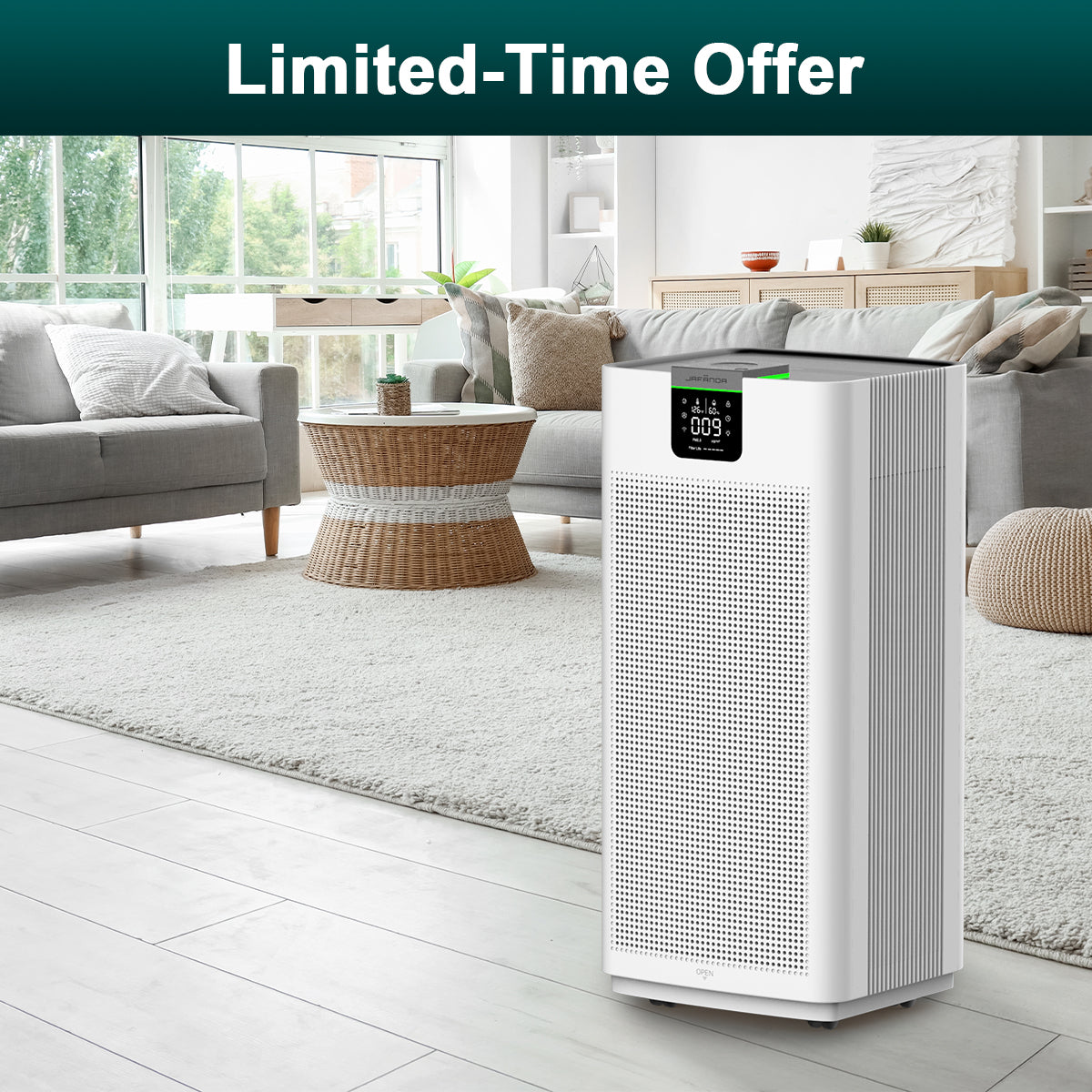
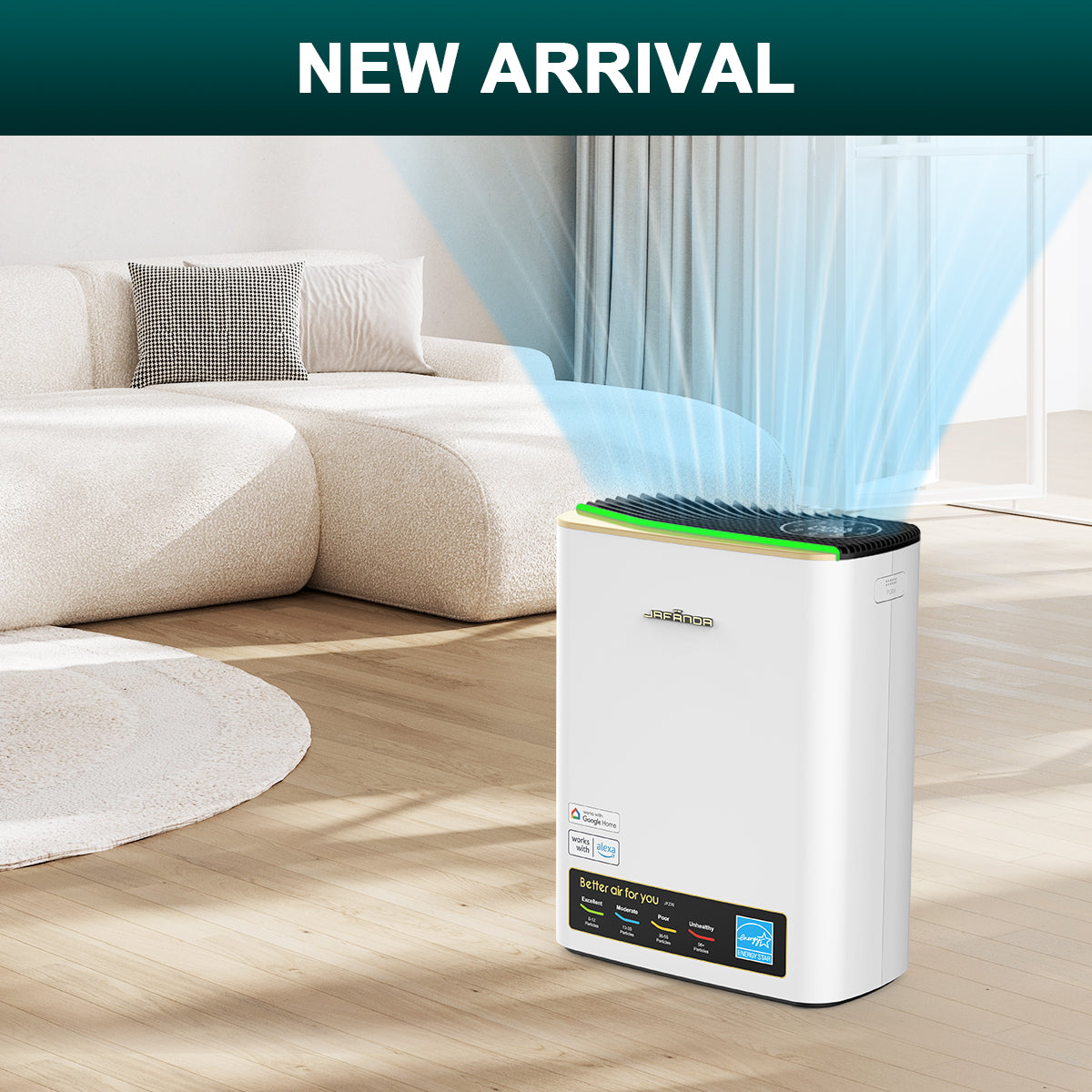
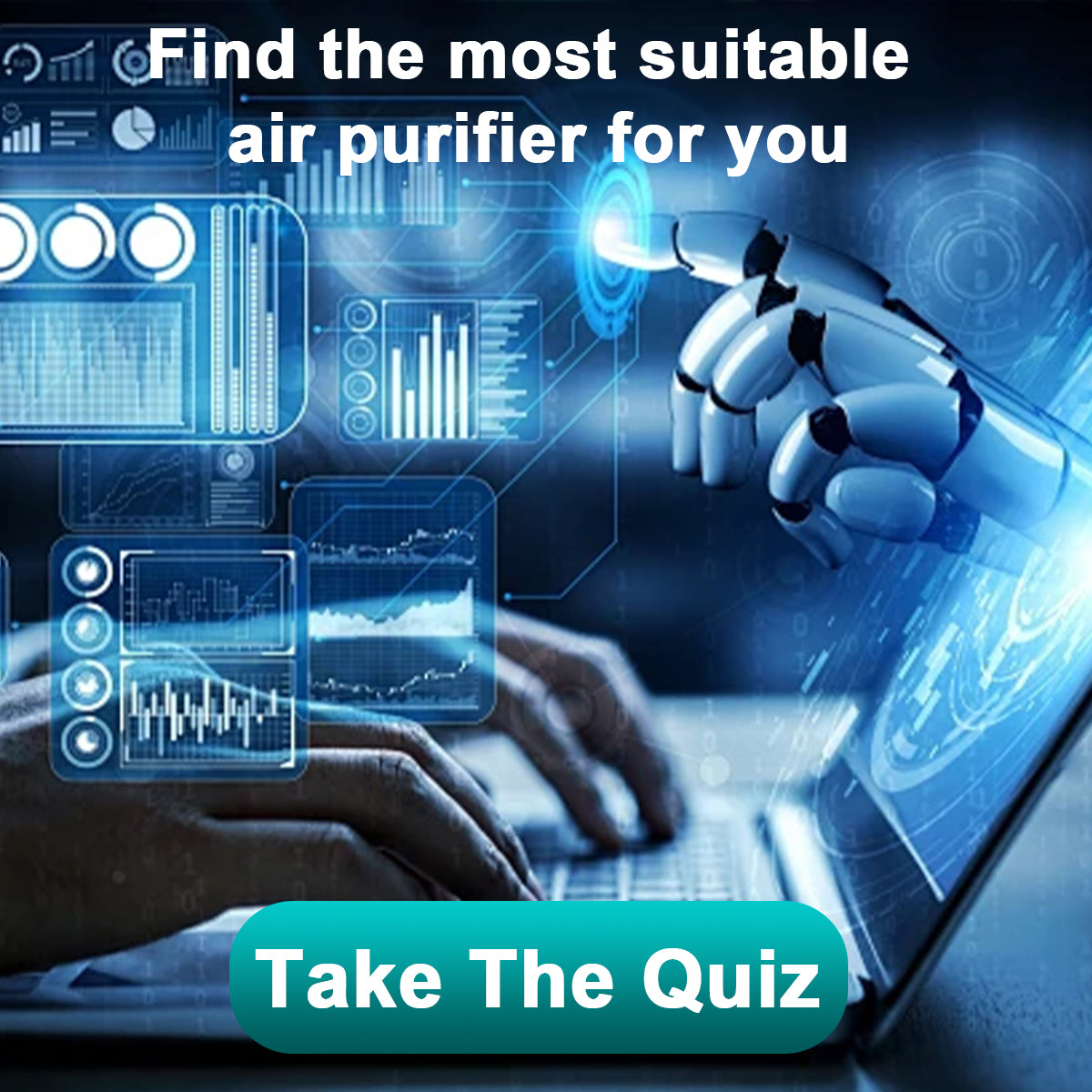
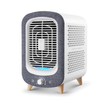
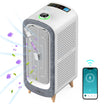
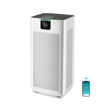
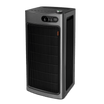
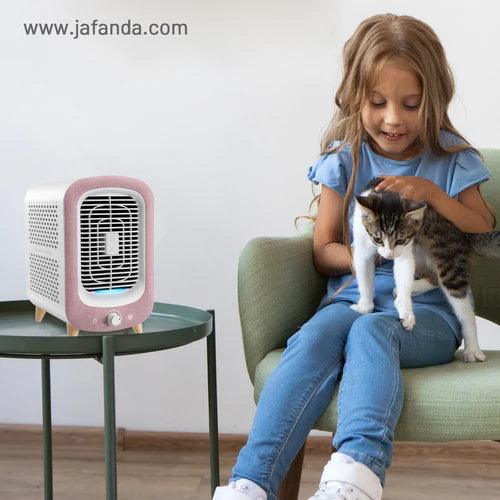
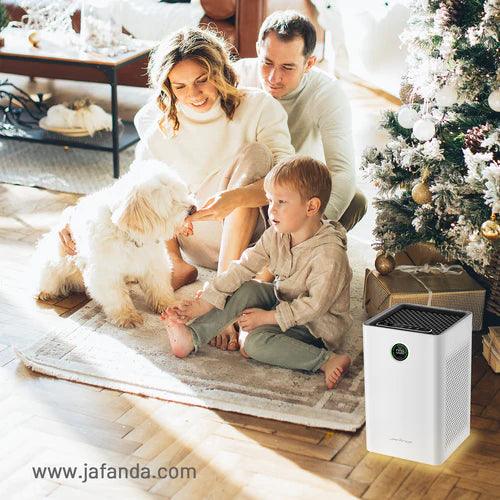
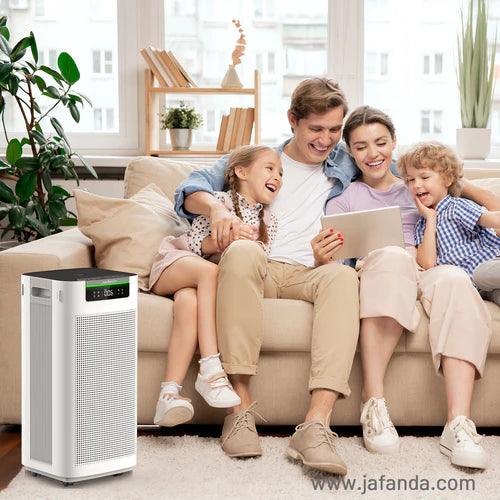
Leave a comment
All comments are moderated before being published.
This site is protected by hCaptcha and the hCaptcha Privacy Policy and Terms of Service apply.